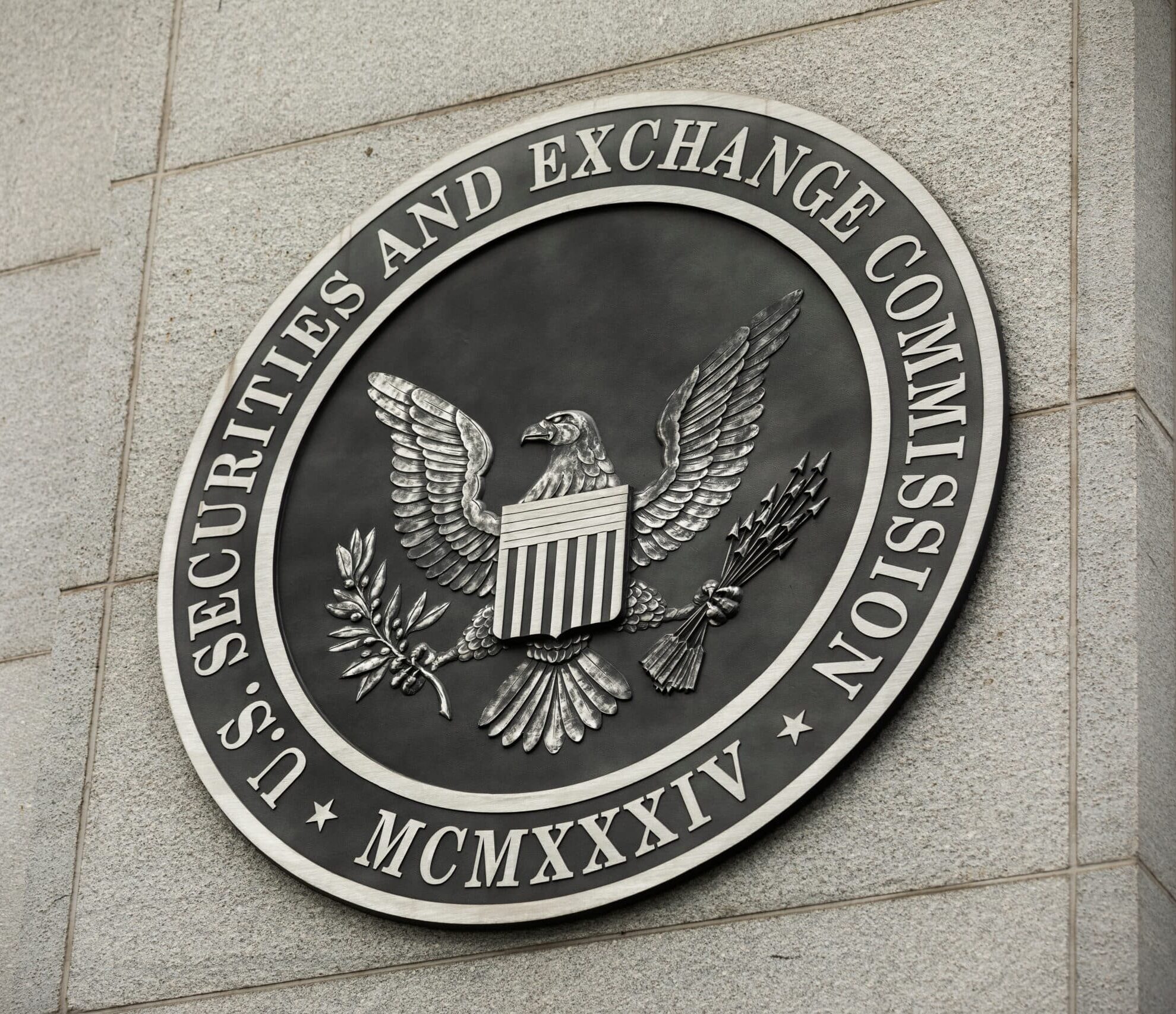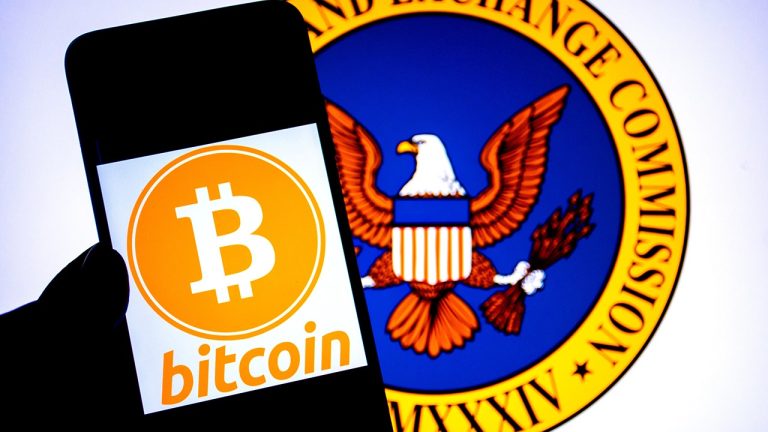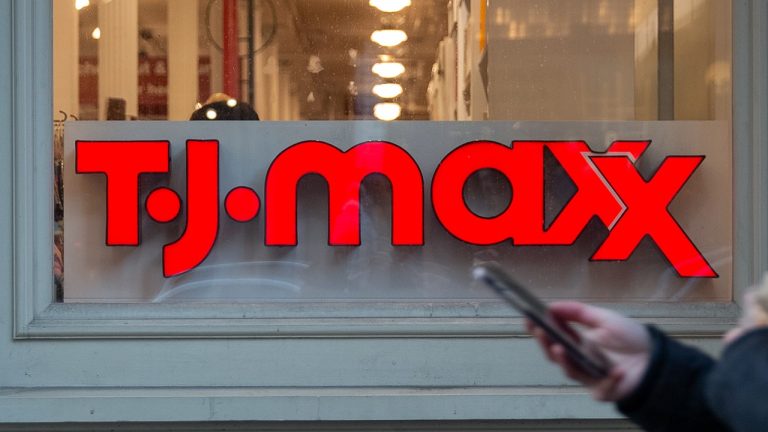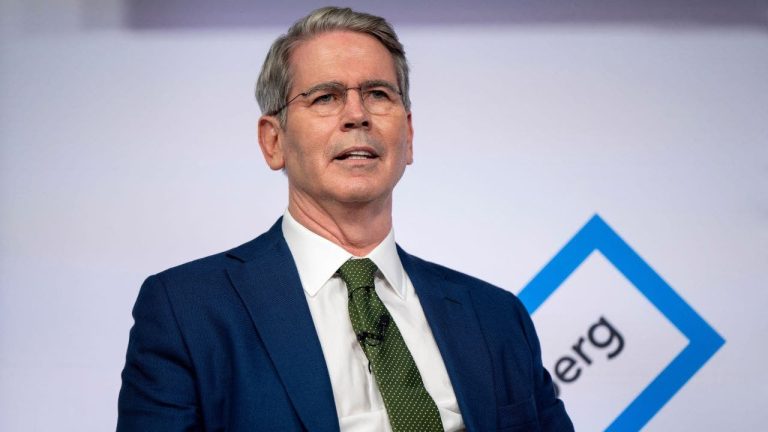
Because of the way that the commission is structured, the president-elect will likely have to cede control over one of the two vacancies to Democratic party leadership.

The rules for appointing commissioners to the Securities and Exchange Commission are complicated.
(Shutterstock)
Posted November 22, 2024 at 7:50 pm EST.
When Democratic SEC Commissioner Jaime Lizárraga announced on Friday that he planned to step down from the agency on January 17 because of his wife’s health issues, the crypto community jumped to the conclusion that President-elect Trump would have sole discretion to choose two SEC commissioners—one to replace outgoing chair Gary Gensler, and the other to replace Lizárraga. However, that appears unlikely to be the case now.
The commission is currently composed of five individuals, one of whom also serves as chair. Those five individuals are Gensler, Lizárraga, and Caroline Crenshaw, who are Democratic appointees, and Hester Peirce and Mark Uyeda, who were appointed by Republican presidents. In order to remain non-partisan, no one party is allowed to have more than three commissioners on the panel at a time. That means that a Democrat must be assigned to at least one of the two seats available on the commission after January 17.
As a result, Trump will likely now have full control over just one pick, with the other nominee chosen with the input of Democratic party leadership, according to three legal experts who spoke with Unchained. Precedent holds that if a vacancy on the SEC cannot be filled by someone from the same party as the President, Senate leadership from the opposing party gets to choose. Under this arrangement, both commissioners are officially nominated by the President, but the choice is the product of a political deal between Democrats and Republicans. Often, in this scenario, the two nominees are approved by the Senate simultaneously as a pair.
Read more: Trump’s Plans for a ‘Crypto Czar’ and a Crypto Advisory Council: Here’s What We Know
The process of pairing a Republican with a Democratic nominee is relatively common. Republican Commissioner Peirce and former Democratic Commissioner Robert Jackson were confirmed as a pair in 2017, for example. The balance encourages Senators on both sides of the aisle to confirm the opposite party’s pick, making it more likely that the nominees will each receive the 60 Senate votes needed to be confirmed. It would likely be New York Senator Chuck Schumer, as leader of the Senate Democrats, who would make a deal with the Trump administration in this case, according to lawyers that Unchained spoke to.
Meanwhile, Commissioner Crenshaw was nominated in June to serve another term on the commission, but she has not yet been confirmed by the Senate. Though her term has expired, she can still sit on the commission via an extension until the end of 2025. Crenshaw could also be re-nominated to the commission in exchange for Senate Democrats giving Trump the votes necessary to confirm his nominee for SEC Chair. But lawyers who spoke to Unchained were divided on whether they thought Trump would be willing to cut such a deal, given Crenshaw’s well-established critical views of the crypto industry. Crenshaw has also been scrutinized for her support of climate disclosure rules.
Read more: SEC Chair Gary Gensler to Resign on Inauguration Day; Trump Down to 4 Finalists
Before the new commissioners are approved, Republican commissioners Peirce and Uyeda will have authoritative sway over SEC activity with a 2-1 majority. The three sources who spoke with Unchained said it is widely expected that Uyeda would serve as an acting chair, putting him in control of the Commission’s priorities for now. However, it is likely that Uyeda and Peirce will focus on readying the commission for Trump’s nominee for SEC chair, as opposed to trying to implement their own priorities.






